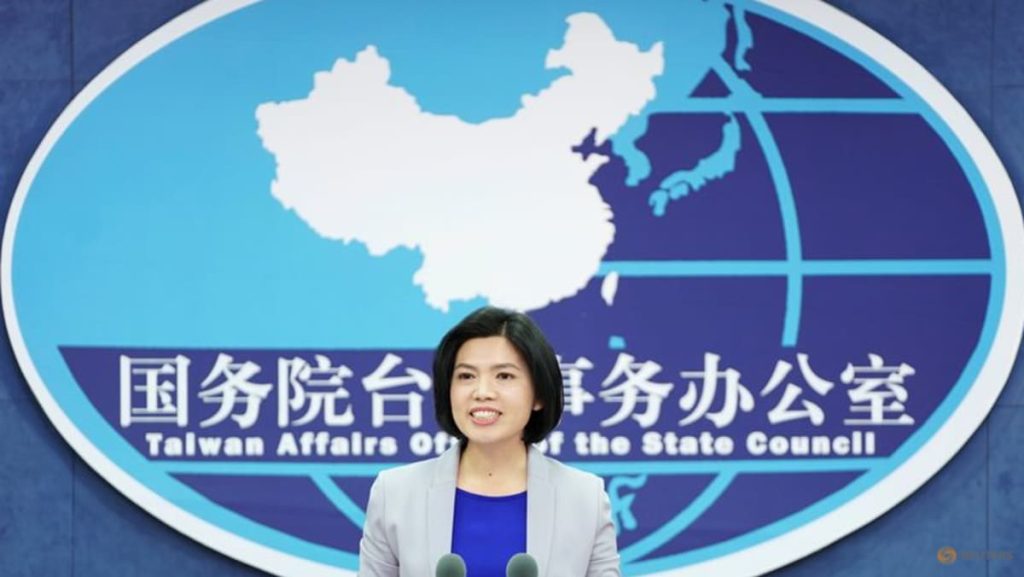es Australia acquiring nuclear-powered submarines with technology provided by the US and UK. The US Assistant Secretary of State for East Asian and Pacific Affairs, Daniel Kritenbrink, made the controversial comments during a Senate Foreign Relations Committee hearing, prompting a strong response from China. Chinese Foreign Ministry spokesperson Zhao Lijian criticized the remarks, stating that they were a blatant interference in China’s internal affairs and urged the US to stop using Taiwan-related issues to harm China’s interests.
The AUKUS submarine project has been a subject of contention between China and the US, with China expressing concerns over the potential militarization of the region due to the deployment of nuclear-powered submarines. The project has also drawn criticism from other countries, with France notably expressing disappointment over losing a lucrative submarine deal with Australia. The AUKUS partnership has been seen as a move by the US and its allies to counter China’s growing military presence in the Indo-Pacific region, particularly in the South China Sea.
The escalating tensions between China and the US have raised concerns about the potential for conflict in the region, particularly over the issue of Taiwan. China considers Taiwan to be a part of its territory and has vowed to use force if necessary to bring the island under its control. The US, on the other hand, has pledged to support Taiwan’s democratic government and has been vocal about opposing any attempts by China to use force to reunify with Taiwan. The AUKUS submarine project is seen as a strategic move by the US to strengthen its military presence in the region and deter any aggressive actions by China against Taiwan.
The US has been stepping up its efforts to counter China’s influence in the Indo-Pacific region, with the AUKUS submarine project being just one example of this strategy. The US has also been engaging with other countries in the region to form alliances and partnerships to protect regional security and stability. The Quad, a strategic partnership between the US, Japan, Australia, and India, has been working to address challenges posed by China’s assertive behavior in the region. The US has also been bolstering its military presence in the region through increased deployments and joint exercises with its allies.
China, on the other hand, has been expanding its military capabilities and asserting its territorial claims in the region, particularly in the South China Sea. China’s growing assertiveness has raised concerns among its neighbors and the US about its intentions in the region. The US has accused China of destabilizing the region through its militarization of artificial islands in the South China Sea and its aggressive actions against Taiwan. The US has also expressed concerns about China’s Belt and Road Initiative, which aims to expand China’s influence through infrastructure projects in various countries.
The US and China’s rivalry in the Indo-Pacific region has become a major source of tension in international relations, with both countries vying for influence and power in the region. The AUKUS submarine project is just one example of the strategic moves being made by both countries to assert their dominance in the region. The US has been ramping up its military presence and alliances in the region, while China has been expanding its military capabilities and asserting its territorial claims. The situation remains fluid, with both countries engaged in a delicate dance of diplomacy and deterrence as they navigate their complex relationship in the region.


